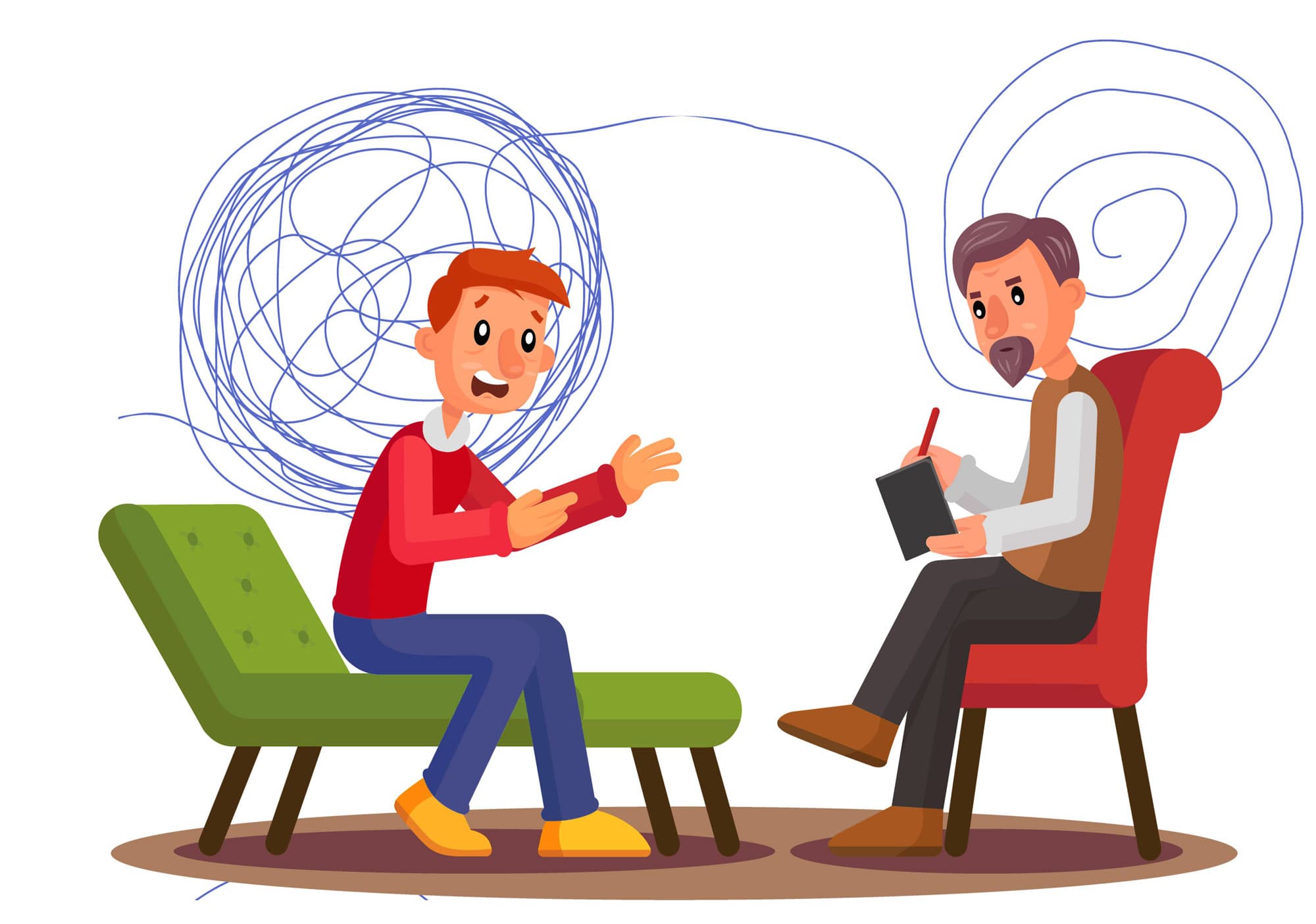What is Psychological Assessment?

“Understanding the child’s psychological reactions to recommend changes that help them lead a better life.”
Psychological Assessment is the process of understanding the child’s behavior and personality to determine their strengths and weaknesses and provide recommendations for behavioral and academic improvement.
It constitutes two parts: assessing and testing. In the assessment phase, the therapists evaluate the child’s thoughts, learning capabilities, and behavior. It is done through personal interviews, observations, testing, and consultation with other professionals involved in the child’s care. The other phase includes manual tasks like drawing, puzzles, games, and other skill areas like intellect, language, memory, problem-solving, and more.
Who needs it?
Any child who shows signs of behavioral or attention issues, is depressed or feels anxious, and has a learning disorder is referred for Psychological Assessment.
Moreover, children struggling in school or miss their developmental milestones are also recommended to undergo a psychological assessment.


How can we help?
Our psychologists perform a series of tests that help them analyze the problem and provide a personalized solution to the child.
Interview: This phase is a general interview session with the child to learn about their likings, skills, strengths, and weaknesses. The psychologist interviews the child, then the parents, and sometimes, if needed, the teachers and others who know the child well to get a better understanding of the child.
Observation: Psychologists observe the child during evaluation. They observe their reaction, responses, and behavior. Sometimes, they visit their home and school to see them interact with others and get more clarity.
Standardized Test: These are general tests taken by different people. It helps our psychologist to analyze the various tests of different children, and understand the child’s abilities. It allows us to know how the child
performs in different areas like movement, behavior, reading, writing, and maths.
Review: The psychologist may review the medical records, academic performance, tests, and parents and teachers to understand the child better.
Strategy: After understanding the child’s world, our psychologist will recommend strategies, provide assistance, and guide parents on how to help the child improve in the required areas to reach their potential.
